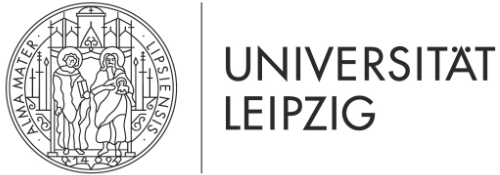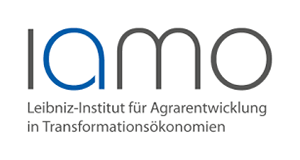Stefan Telle
Stay at EEGA: January – July 2019
Stefan has obtained a PhD in spatial planning (Slovak University of Technology, 2017) as a member of the EU-funded Marie Skłodowska Curie training network RegPol2. His dissertation focused on the institutionalization of cross-border cooperation as a means to address socio-economic polarization in Central and Eastern Europe. He was a research fellow at the Center for Policy Studies at the Central European University and worked as a lecturer in International Relations at Yangon University in Myanmar.
Research Project: Socio-Spatial and Political Polarization in East Central Europe. Comparing Germany and Romania.
The project investigates the intersection between socio-spatial and political polarization in East Central Europe. In particular, it focuses on how the de-structuring of national political systems through the process of European integration impacts on voting behavior in structurally weak regions. A central assumption is that political polarization occurs when a socio-economically fragmented citizenry begins to employ diverging frames of reference for evaluating the quality of government.
European integration is an important driver of this tendency as it challenges the primacy of national politics while stopping short of institutionalizing a democratically legitimized European polity. The result is the dual challenge of European “policies without politics” and national “politics without policies”. The project suggests that how voters approach this dilemma depends on whether their primary reference frame is national or European. In the former case, voters are expected to advocate the re-empowering for national politics by reducing functional interdependences. In the latter case, voters would advocate legitimizing European policies by Europeanizing (democratic) politics, building on and increasing interdependence.
Against this background, the project addresses the puzzle of why political polarization in Germany is increasing despite good economic performance and public service provision, while the situation in Romania is characterized by low levels of political polarization despite lower levels of economic development and low-quality public services. A case study research design is used to compare voter’s political attitudes in marginalized East German and Romanian regions. The aim is, thus, to gain knowledge about the interrelation between structural conditions and mental modes in determining voting behavior.








